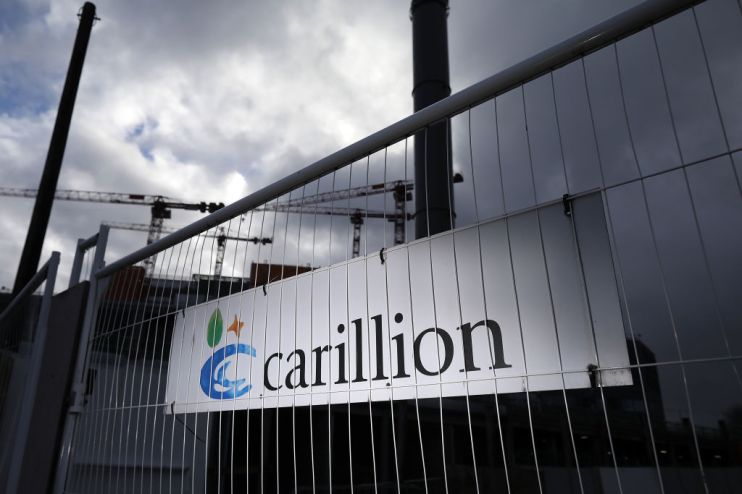Carillion two years on: ‘Misery’ as major hospitals in Liverpool and Birmingham still unfinished

The government has faced yet another round of criticism for its handling of the collapse of outsourcer Carillion, more than two years after the company failed – this time over two hospitals it was building when it went bust.
The government spending watchdog said in a report that the hospitals, in Liverpool and the west Midlands – will not be finished until years after originally planned.
The 646-bed Royal Liverpool hospital was due to open in June 2017, but is now forecast to be completed in autumn 2022 – five years late.
The National Audit Office (NAO), an arms-length body which functions to keep tabs on government spending, said it would now cost about £1.06bn compared to the original £746m.
Meanwhile, the 669-bed Midland Metropolitan hospital in Sandwell, near Birmingham, was originally due to open in October 2018. This has been pushed back to July 2022 – three years and nine months late.
The hospital is set to cost £988m to build and run, more than £300m over the original £686m price tag.
The NAO comptroller and auditor general, Gareth Davies, wrote that the private sector had borne the brunt of most of these extra costs – with shareholders, investors, insurers and Carillion itself losing at least £603m on the construction of both projects.
“The government wanted to ensure the private sector honoured its contracts and rejected proposals that it should provide more public funding to ‘bail out’ the PFI [private finance initiative] schemes or reduce the risk that lenders were exposed to,” he said.
Meanwhile, trade union Unite said the delay had created “misery” for patients and staff forced to cope with failing buildings.
Assistant general secretary Gail Cartmail said: “The report makes for grim reading and endorses what hospital patients and NHS staff in Liverpool and the West Midlands already knew.
“Two desperately needed hospitals are going to be years late and in the meantime local communities are left with facilities that are no longer fit for purpose.
“The responsibility for these delays has to lie squarely at the door of the government, which consistently failed to prioritise the overriding need that these hospitals had to be built.
“While the report notes the financial cost of the projects the human cost of the delays of completing the hospitals has not been recognised.”